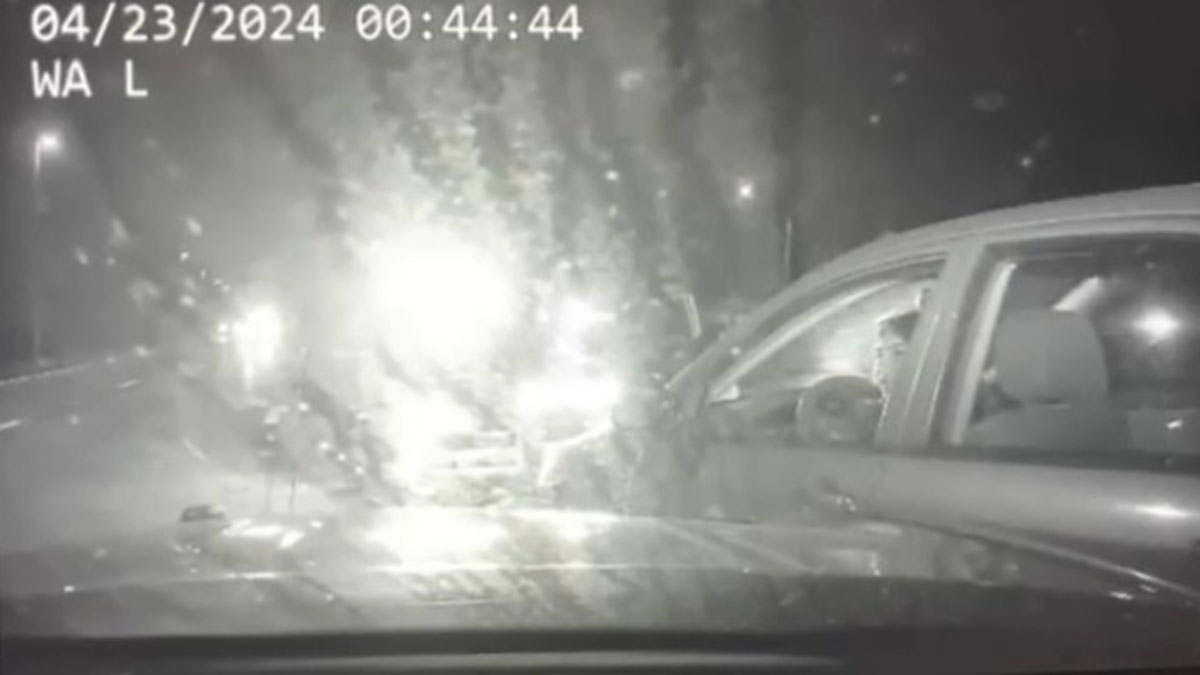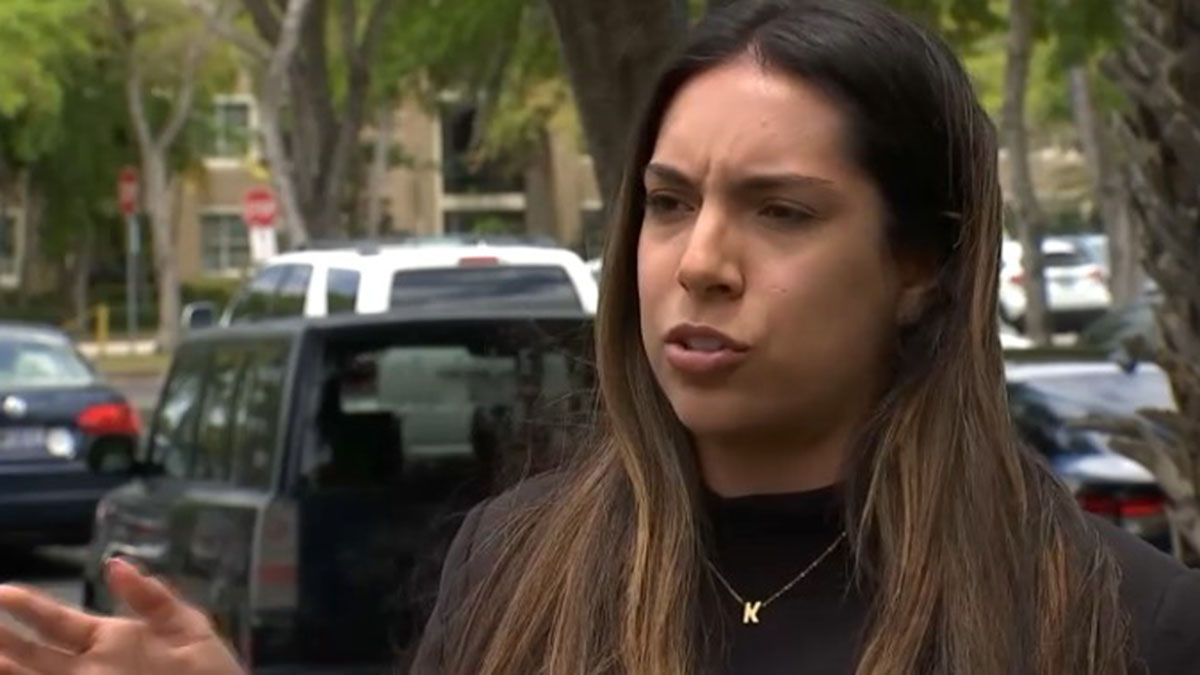Florida Gov. Ron DeSantis on Tuesday announced plans to block state colleges from having programs on diversity, equity and inclusion, and critical race theory.
The Republican governor debuted the proposal as part of a larger, higher education legislative package that is expected to be taken up by the GOP-controlled statehouse when its regular session begins in March.
The concept known as critical race theory became a lightning rod of the GOP in recent years. But what exactly is it?
WHAT IS CRITICAL RACE THEORY?
Get South Florida local news, weather forecasts and entertainment stories to your inbox. Sign up for NBC South Florida newsletters.
Critical race theory is a way of thinking about America’s history through the lens of racism. Scholars developed it during the 1970s and 1980s in response to what they viewed as a lack of racial progress following the civil rights legislation of the 1960s.
It centers on the idea that racism is systemic in the nation's institutions and that they function to maintain the dominance of white people in society.
The architects of the theory argue that the United States was founded on the theft of land and labor and that federal law has preserved the unequal treatment of people on the basis of race. Proponents also believe race is culturally invented, not biological.
Local
Kimberlé Crenshaw, executive director of the African American Policy Forum, a social justice think tank based in New York City, was one of the early proponents. Initially, she said, it was "simply about telling a more complete story of who we are."
WHAT IS DEI?
Diversity, equity and inclusion has also come to the forefront of the business and academia worlds in recent years.
DEI claims to promote the fair treatment and full participation of all people, including populations who have historically been under-represented or subject to discrimination because of their background, identity, disability, etc.
A 2019 survey of 234 companies found that nearly 2 in 3 employed diversity managers, and mandatory diversity training has been implemented at many workplaces.
WHY DO REPUBLICANS OBJECT?
Many Republicans view the concepts underlying critical race theory as an effort to rewrite American history and convince white people that they are inherently racist and should feel guilty because of their advantages.
But the theory also has become somewhat of a catchall phrase to describe racial concepts some conservatives find objectionable, such as white privilege, systemic inequality and inherent bias.
WHERE DID REPUBLICAN PUSHBACK BEGIN?
Republicans often cite the 1619 Project as a cause for concern. The New York Times initiative, published in 2019, aimed to tell a fuller story of the country’s history by putting slavery at the center of America’s founding.
The 1619 Project has received criticism from a number of historians, both from the political left and right, who question its historical accuracy. The Times eventually issued a "clarification," modifying one of the passages on slavery's role that had sparked controversy.
Critical race theory popped into the mainstream in 2020 when then-President Donald Trump took aim at it and the 1619 Project during a White House event focused on the nation's history. He called both “a crusade against American history” and “ideological poison that … will destroy our country."
HOW ARE STATES ADDRESSING IT?
So far, many Republican-led states have pushed legislation or other steps to limit how race and racism can be taught in schools.
Teachers unions, educators and social studies organizations worry the limits will whitewash American history by downplaying the role past injustices still play today. They also fear a chilling effect on classroom discussions.
DeSantis and other conservatives have long argued that critical race theory and diversity, equity and inclusion programs are racially divisive and discriminatory — and are often cited in criticism of what they call “woke” ideology in education.
Last year, DeSantis signed legislation dubbed the Stop WOKE Act that restricts certain race-based conversations and analysis in schools and businesses. The law bars instruction that says members of one race are inherently racist or should feel guilt for past actions committed by others of the same race, among other things.
In late December, DeSantis' budget office called on state colleges to submit spending information on programs related to diversity, equity and inclusion and critical race theory.
So far, at least 25 states have considered legislation or other steps to limit how race and racism can be taught, according to an analysis from Education Week. Eight states, all Republican-led, have banned or limited the teaching of critical race theory or similar concepts through laws or administrative actions. The bans largely address what can be taught inside the classroom.



